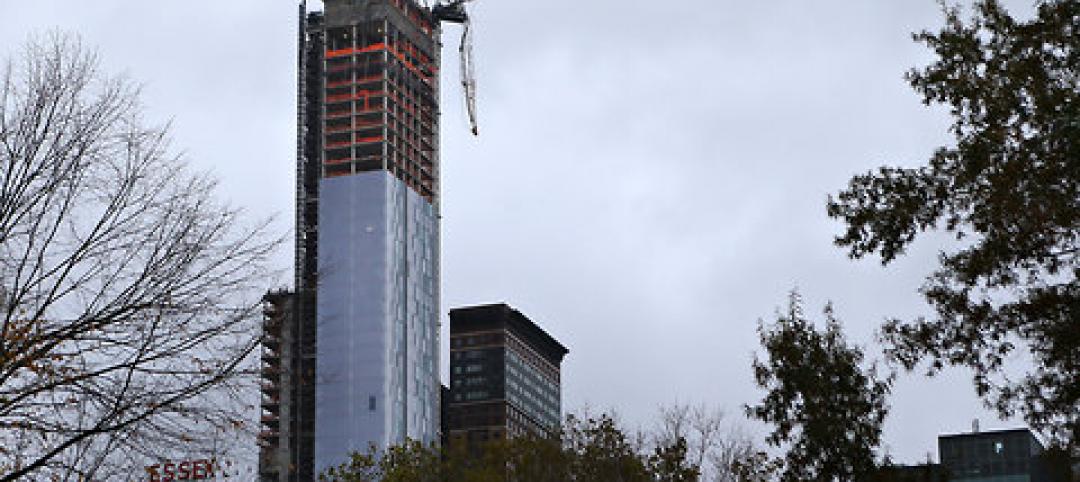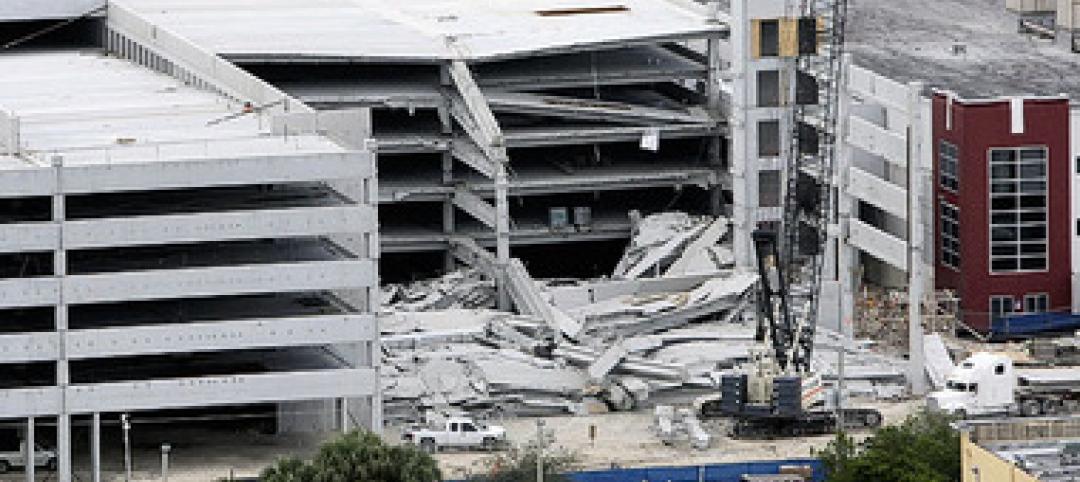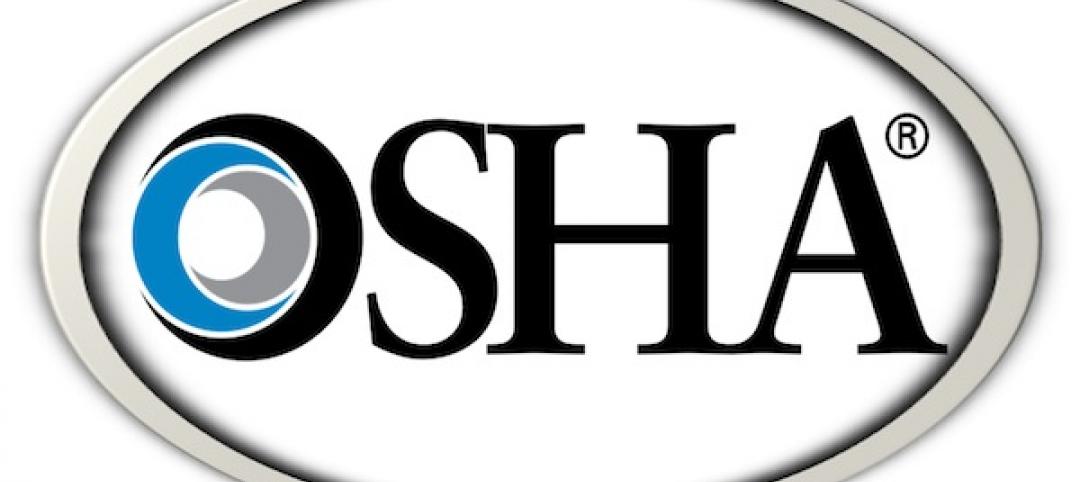Seattle’s new energy code goes into effect in March with notably more sustainable requirements for new construction.
The energy building code will eliminate fossil fuels from most space and water heating and increase access to onsite renewables. Applying to new commercial buildings and large multi-family buildings, the code also reduces envelope heat loss, air leakage, and interior lighting power allowances.
The space and water heating measures take effect in January 2022, but the rest of the code goes into effect March 15, 2021. The city is the latest to legislate the elimination of fossil fuels for space and water heating following more than 40 cities in California.
A local affordable housing developer dissented from the measure in a city council meeting, arguing that the new code can cost developers up to $15,000 more to construct apartment buildings. This could mean a rent increase of up to $100 per month for tenants in a city with a serious affordable housing shortage, he said.
Related Stories
| Oct 31, 2012
Investigators look into crane severely damaged by Sandy in Manhattan
Investigators are examining a construction crane collapse atop a $1.5 billion luxury high-rise in midtown Manhattan due to high winds during Hurricane Sandy.
| Oct 31, 2012
Construction error suspected in Miami-Dade College garage collapse
A construction error is the chief suspect in the partial collapse of a parking garage at Miami-Dade College in Doral, FL.
| Oct 31, 2012
New European laws on timber will go into effect in March 2013
A new European Union timber regulation prohibits the “placing on the market of illegally harvested timber or timber products derived from such timber.”
| Oct 31, 2012
MIT models show roofs' capacity for solar energy in Cambridge, Mass.
A new mapping tool from the Massachusetts Institute of Technology and a Boston design firm can calculate rooftops' capacity for solar energy.
| Oct 31, 2012
Demand for living roofs, walls to reach $7.7 billion by 2017
The demand for green roofs and living walls is expected to climb from $5.3 billion in 2011 to $7.7 billion in 2017, according to a report from Lux Research.
| Oct 25, 2012
Philadelphia councilmen move to crack down on contractors working without licenses, permits
Two Philadelphia city councilmen are trying to crack down on the "underground economy" of developers and contractors who work without licenses and permits, pay cash under the table, and operate unsafe job sites.
| Oct 25, 2012
OSHA and NIOSH offer Spanish version of nail gun safety document
The Occupational Safety and Health Administration and the National Institute for Occupational Safety and Health have made available a Spanish version of “Nail Gun Safety - A Guide for Construction Contractors.”
| Oct 25, 2012
AGC holding webinar on sequestration’s potential impacts on the construction industry
AGC will hold a free webinar on sequestration and its potential impact on federal construction contractors on Nov. 7.















